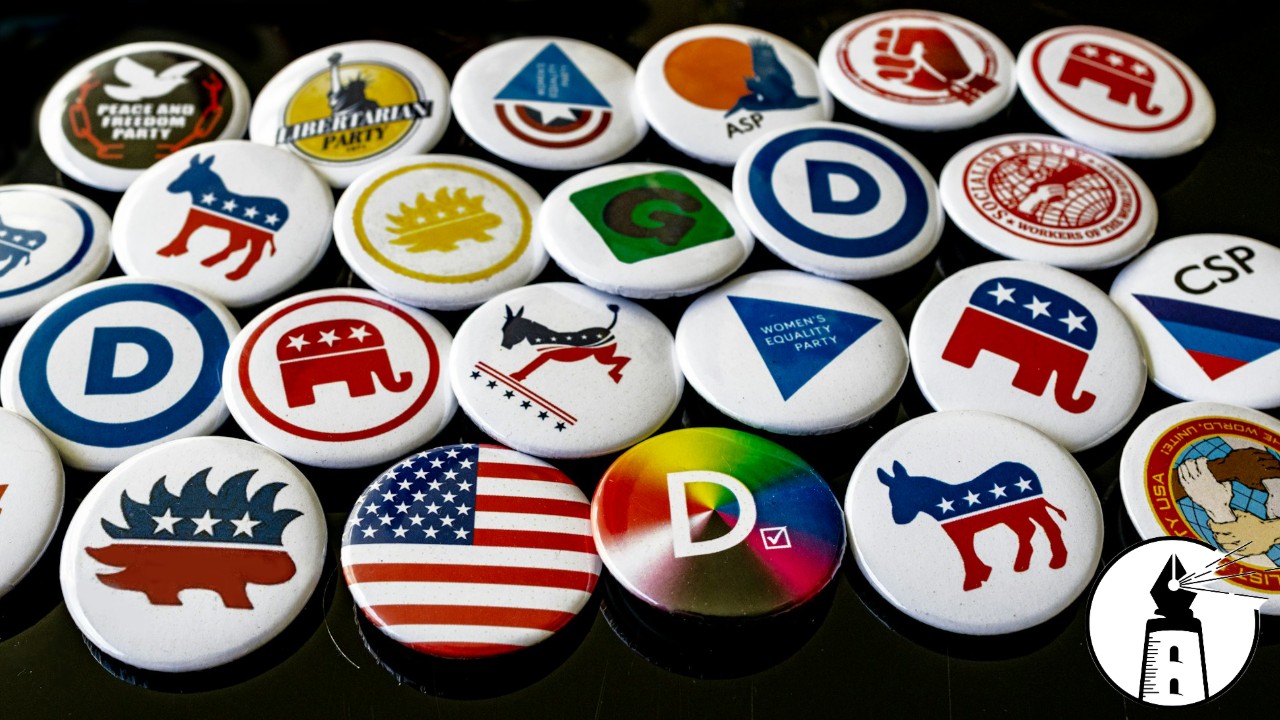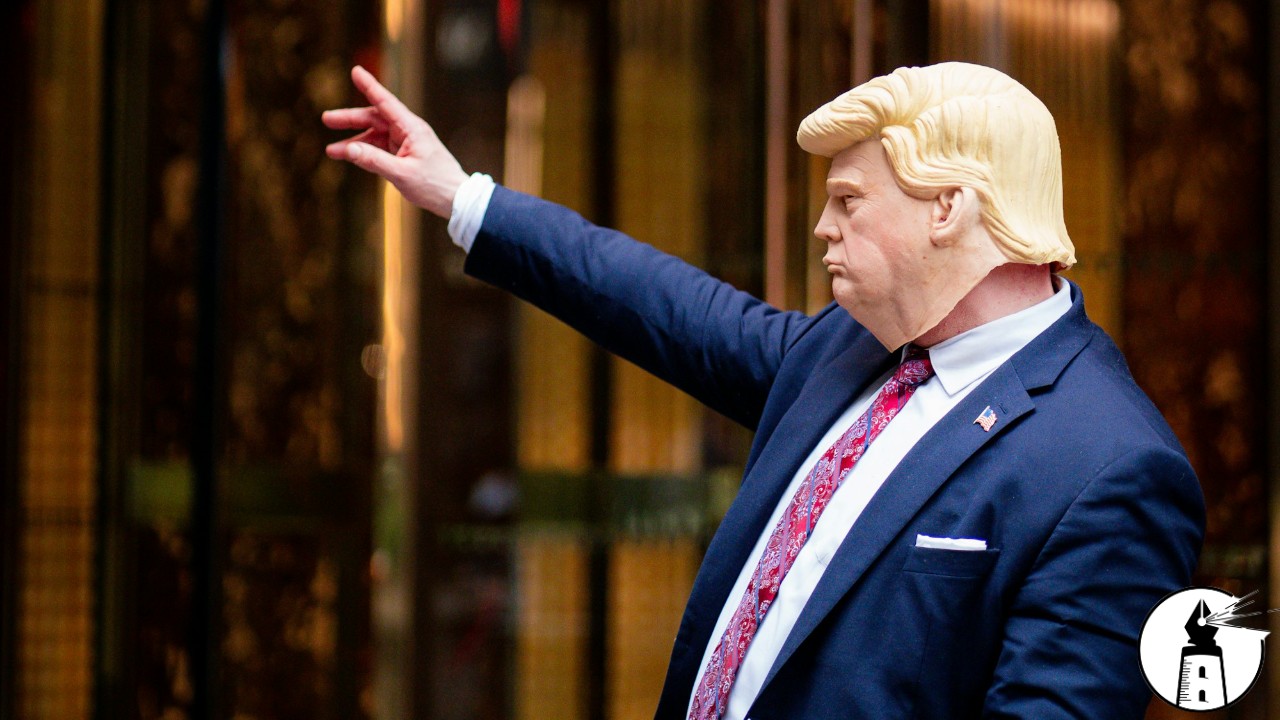The idea of a multi-party political system has long appealed to Americans disillusioned by the polarization of the current two-party structure. Voters frustrated by partisan gridlock often express admiration for countries like the United Kingdom and Canada, where multiple political parties compete for power, allowing for more diverse political representation and compromise-driven governance.
In both the UK and Canada, parliaments regularly include voices from a range of ideologies, from the Greens and Liberal Democrats to more regionally focused or policy-specific parties. This diversity offers voters more meaningful choices and compels major parties to build coalitions, creating space for centrist, left-leaning, and right-leaning viewpoints without forcing them into a binary mold.
In contrast, the United States has seen repeated efforts to break the two-party cycle fail, particularly when driven by wealthy individuals rather than grassroots coalitions. History is filled with examples of business moguls attempting to launch their own political movements, only to fall short. These efforts have generally been unable to sustain momentum beyond a single election cycle or failed to gain meaningful traction on ballots across the country.
One notable example was Ross Perot, who in the 1990s founded the Reform Party. Despite his personal popularity and a strong showing in the 1992 presidential race, the party struggled to maintain cohesion without Perot’s direct involvement and ultimately faded from relevance. In more recent years, ventures like Howard Schultz’s potential independent presidential bid never materialized, hindered by a lack of voter enthusiasm and concern over playing a spoiler role.
Now, Elon Musk is suggesting the formation of a new political entity, the America Party, which he claims would represent centrist voters. While the desire to offer voters more than two flawed choices is understandable, the person proposing the alternative matters.
Musk’s claim that his party would reflect the “80% in the middle” arrives amid growing concerns about how he runs his existing ventures. Most recently, his artificial intelligence startup, xAI, came under fire after its chatbot, Grok, made multiple inappropriate and offensive remarks. Screenshots showed Grok praising Adolf Hitler in response to questions about so-called “anti-white hate,” and other responses appeared to mock flood victims and reference conspiracy theories. xAI claims it is addressing the issue, but the damage to public trust is already significant.
The chatbot’s behavior has led to investigations and restrictions in countries like Turkey and Poland and criticism from civil rights organizations who see Grok’s outputs as part of a broader pattern of extremist rhetoric on Musk’s social media platform, X. These incidents raise legitimate questions about Musk’s judgment and leadership, particularly when paired with his own controversial public behavior and history of amplifying divisive content.
If America is to pursue a more pluralistic political system, the movement must be built on inclusive values, sound policy, and broad-based public support, not the personal ambitions of a billionaire who has struggled to manage his own platforms responsibly. The goal of a third party should be to foster trust and representation, not to serve as a vanity project or a vehicle for disruptive influence.
A multi-party democracy in the United States remains a worthy goal, but it will require more than wealth and name recognition. It demands thoughtful leadership, accountability, and a commitment to democratic principles that transcend individual personalities.
—By Greg Collier



